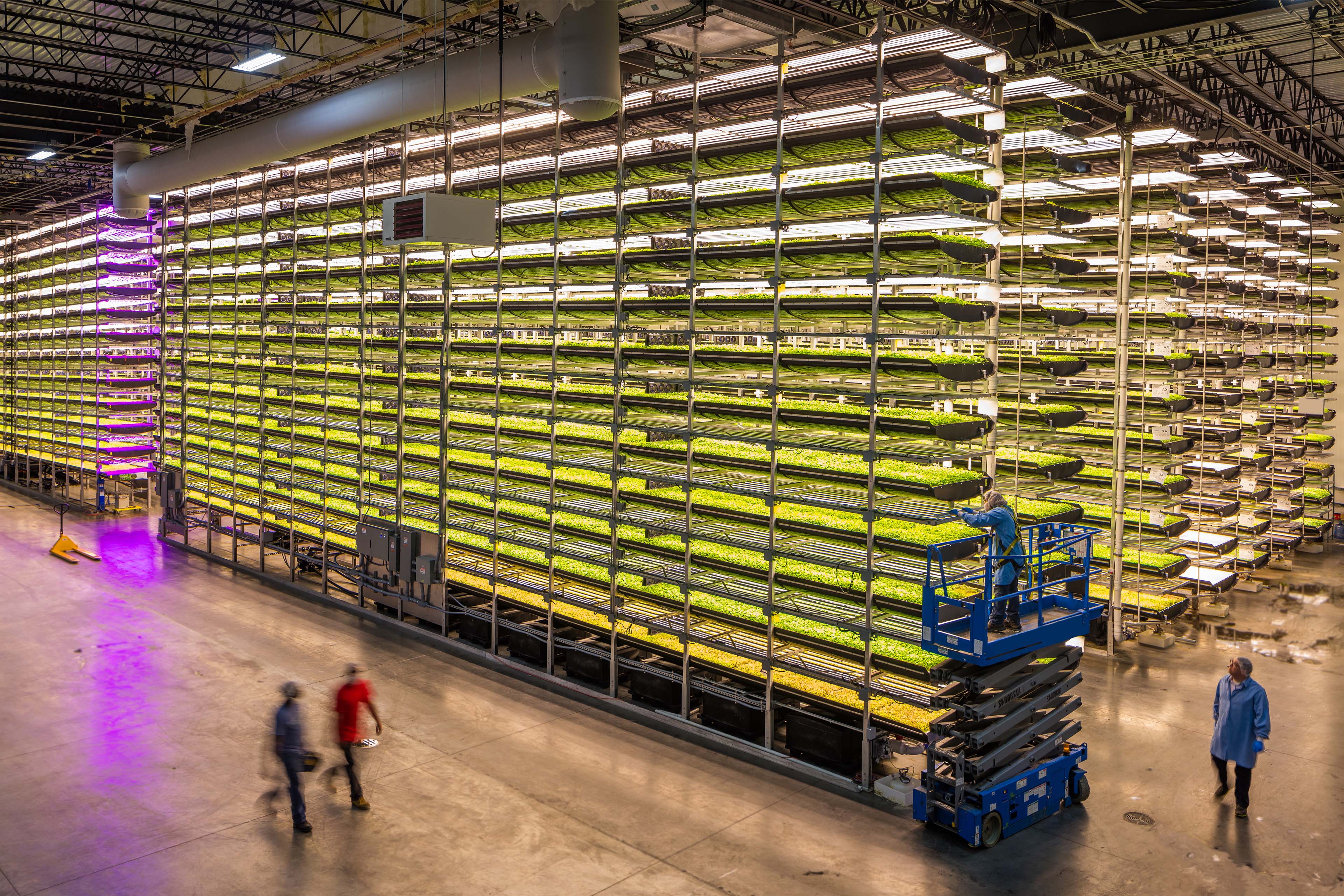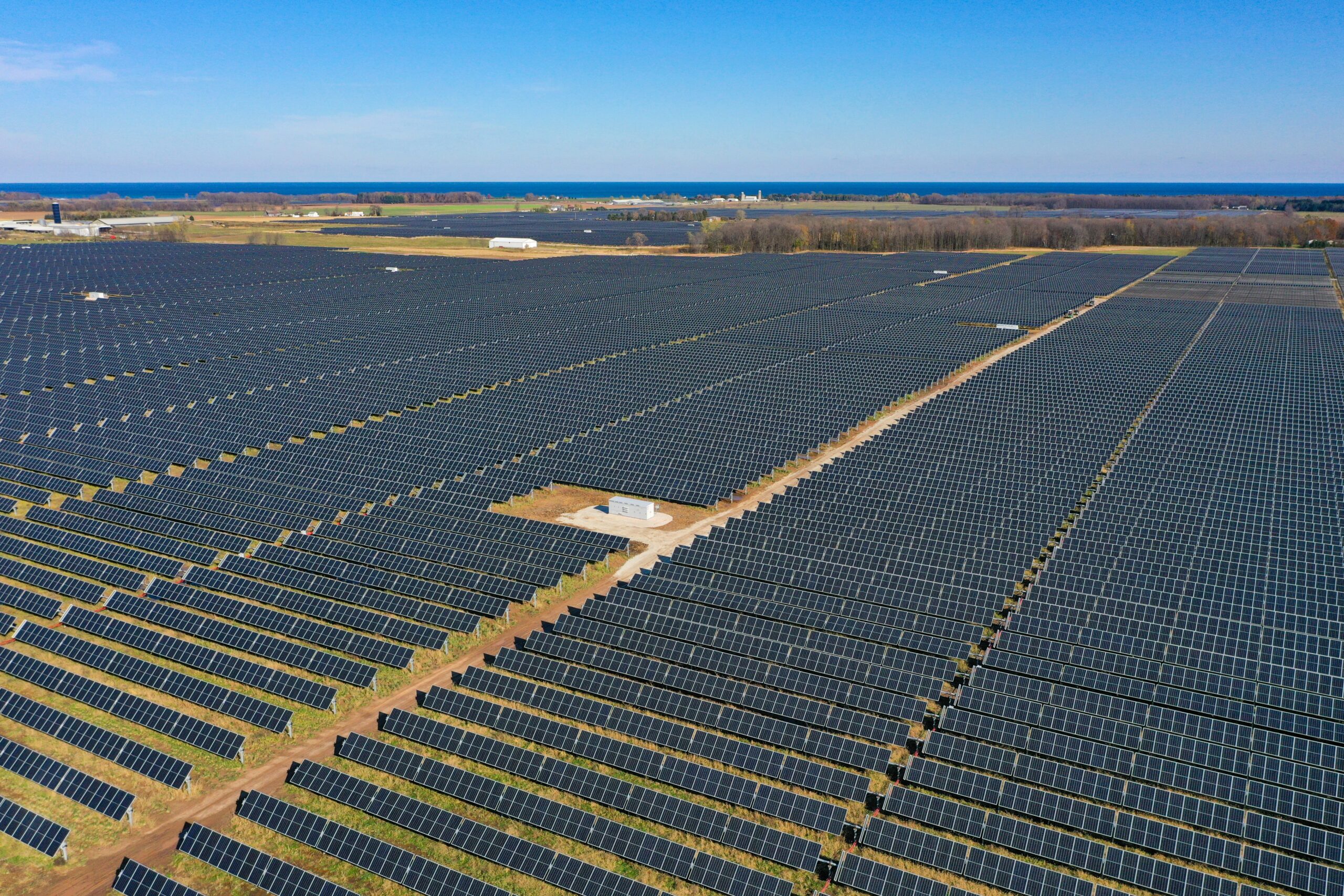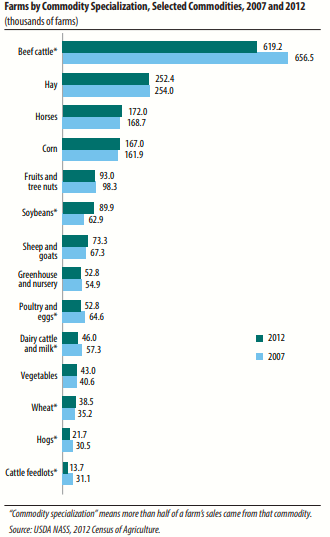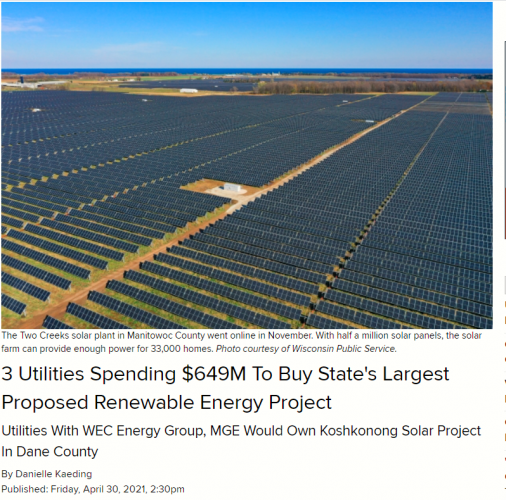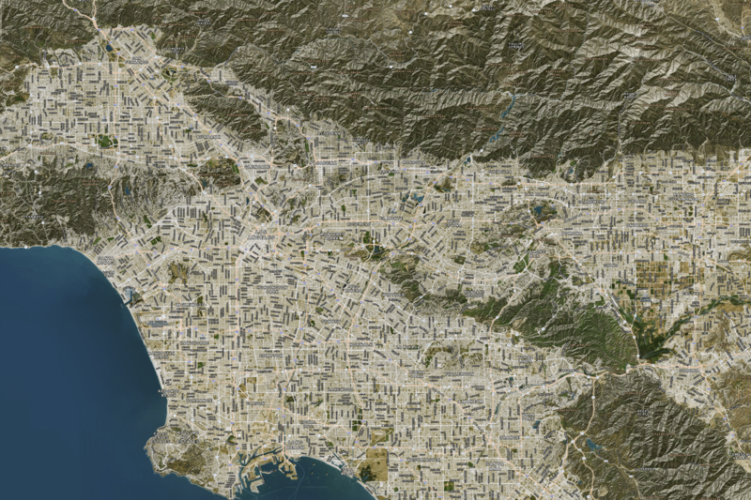Wildabeest
Well-known member
Interesting article with enough cool charts, maps and graphs to impress even @wllm1313!
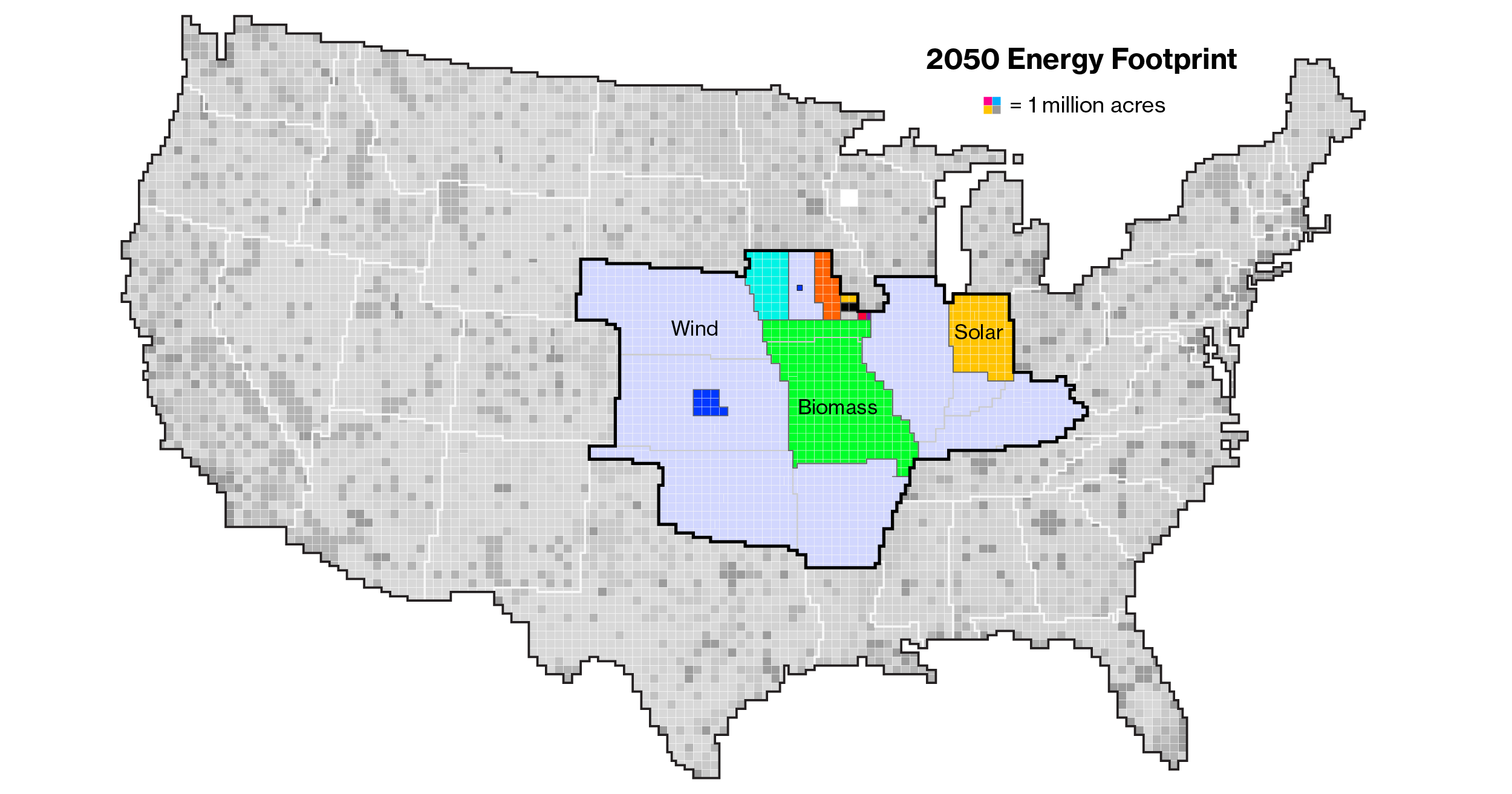
 www.bloomberg.com
www.bloomberg.com

U.S. Needs A Lot More Land to Go Green by 2050
We may need 250 million acres for wind farms alone.




